According to the provisions of the Law on Environmental Protection 2020, in less than 20 days, the regulation on extended producer responsibility (abbreviated as EPR) will officially take effect (January 1, 2024). Accordingly, manufacturers and importers of batteries, accumulators, lubricants, tires and packaging (commercial goods) will be responsible for recycling the products and packaging they produce and import after they are discarded by consumers.
Three years after the Law on Environmental Protection 2020 was passed by the National Assembly , management agencies, manufacturers, importers and recyclers have been in a "race against time" to implement EPR regulations. Management agencies have urgently completed relevant regulations and institutions to implement EPR such as establishing the National EPR Council, the National EPR Council Office, submitting to the Prime Minister the cost of recycling products and packaging (abbreviated as Fs), developing management regulations, using contributions from manufacturers and importers to support recycling and waste treatment, building the National EPR Information Portal, etc.
A representative of the Legal Department ( Ministry of Natural Resources and Environment ) said that the necessary conditions for implementing EPR early next year have been basically completed. The Ministry has built an online registration, declaration and reporting system; from this system, manufacturers and importers will register, declare and report on the National EPR Electronic Information Portal without having to send paper copies to the Ministry of Natural Resources and Environment .
To achieve this result, over the past three years, there have been dozens of dialogue, consultation and opinion gathering workshops for manufacturers, recyclers, managers, scientists as well as many popularization and training workshops for manufacturers, importers and recyclers held in all three regions of the North - Central - South.
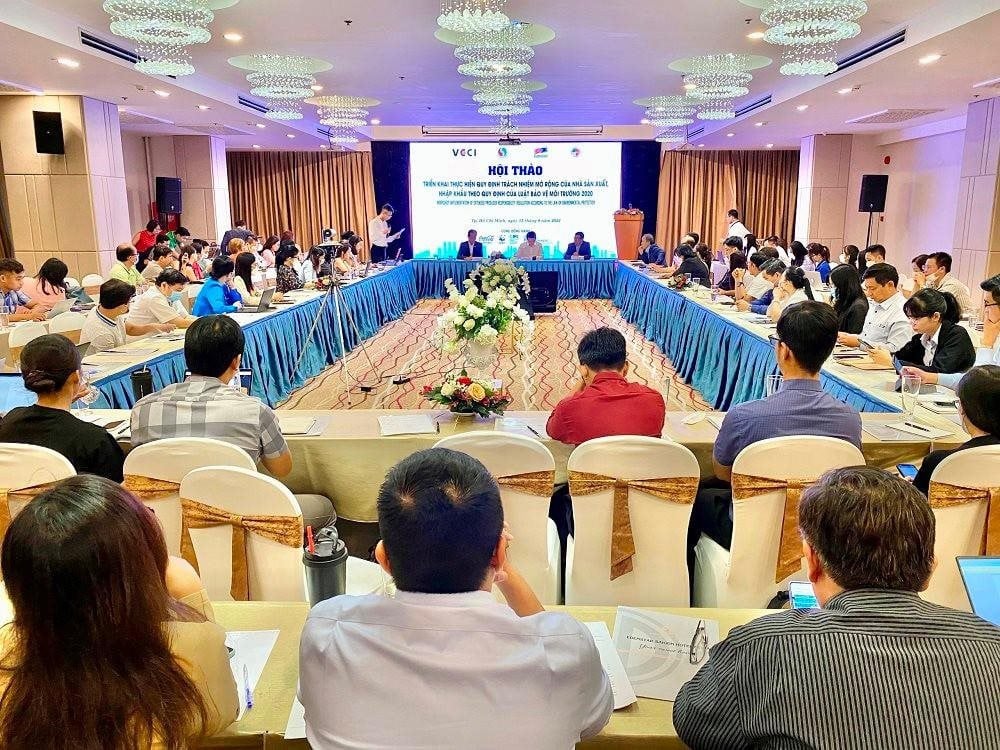
“We have carefully studied all opinions from relevant units with an open mind, listening to the views of all parties, including disagreements,” said a representative of the Legal Department, adding that the Recycling Cost Standards (Fs) is the issue that has received the most opinions and has been submitted to the Prime Minister in the spirit of ensuring the harmony of interests between the parties: manufacturers, importers, recyclers and the interests of the community from the perspective of circular economic development.
For their part, manufacturers and importers have also made important steps to implement EPR. For example, 2021 marked the first time that 9 large enterprises competed in the market, even being rivals of each other, namely TH Group with the brand TH True milk, Coca-Cola Vietnam, Friesland Campina Vietnam, La Vie, Nestle, Nutifood, Suntory PepsiCo Vietnam, Tetra Pak and Universal Robina Corporation sat down together to establish the Vietnam Packaging Recycling Alliance (abbreviated as PRO Vietnam) with the mission of developing a strong enough domestic packaging collection and recycling ecosystem, helping to increase the recycling rate and reduce the rate of packaging discharged into the environment.
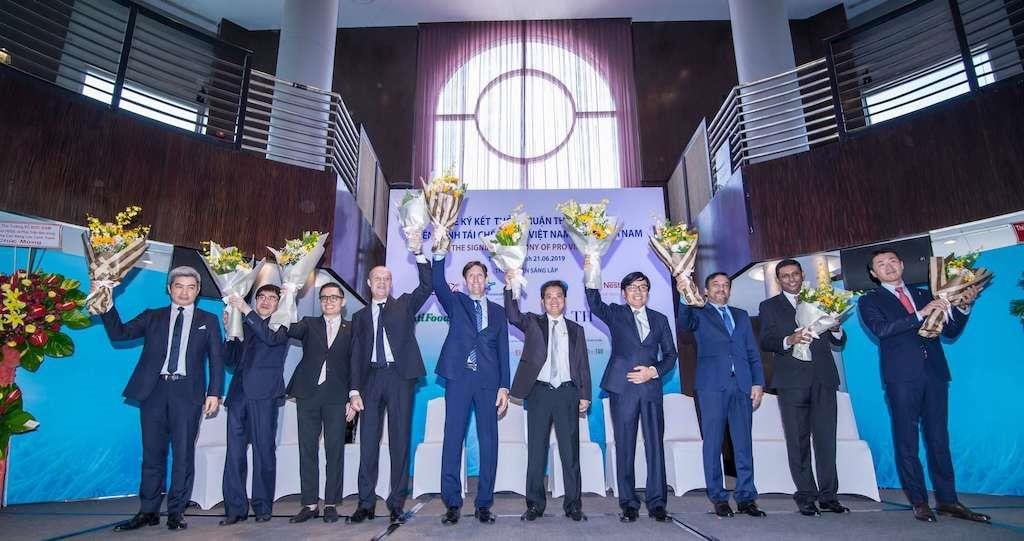
“Over the past two years, PRO Vietnam has stepped up its support for activities in areas including raising consumer awareness of recycling and waste classification, strengthening the existing packaging collection ecosystem. We also support recycling programs of treatment plants and recycled material manufacturers,” said a representative of PRO Vietnam.
Not only stopping at the joint efforts of PRO Vietnam, the members of this organization also actively responded and proactively signed cooperation agreements with recyclers to commit to the common goal of sustainable development. For example, Suntory PepsiCo Vietnam Beverage Company Limited (Suntory PepsiCo) and DUYTAN Recycling Plastic Joint Stock Company (DUYTAN Recycling) signed a strategic cooperation agreement on the supply of recycled plastic to produce packaging for Suntory PepsiCo products in the period of 2022 - 2026.
Following that, last October, La Vie Company Limited (La Vie), a member of Nestlé Group, held a signing ceremony for a memorandum of understanding on a cooperation program for plastic collection and recycling with DUYTAN Recycling. According to the 5-year strategy, La Vie and DUYTAN Recycling aim to collect and recycle 11,000 tons of plastic waste, applied to La Vie bottles from small capacity to 19L capacity products.
Mid-November 2023 also witnessed the efforts of FrieslandCampina Vietnam (a member of PRO Vietnam) when the company signed a Strategic Cooperation Agreement with Dong Tien Binh Duong Paper Company and Truong Thinh Construction Mechanical Company with the aim of improving packaging collection and recycling capacity.
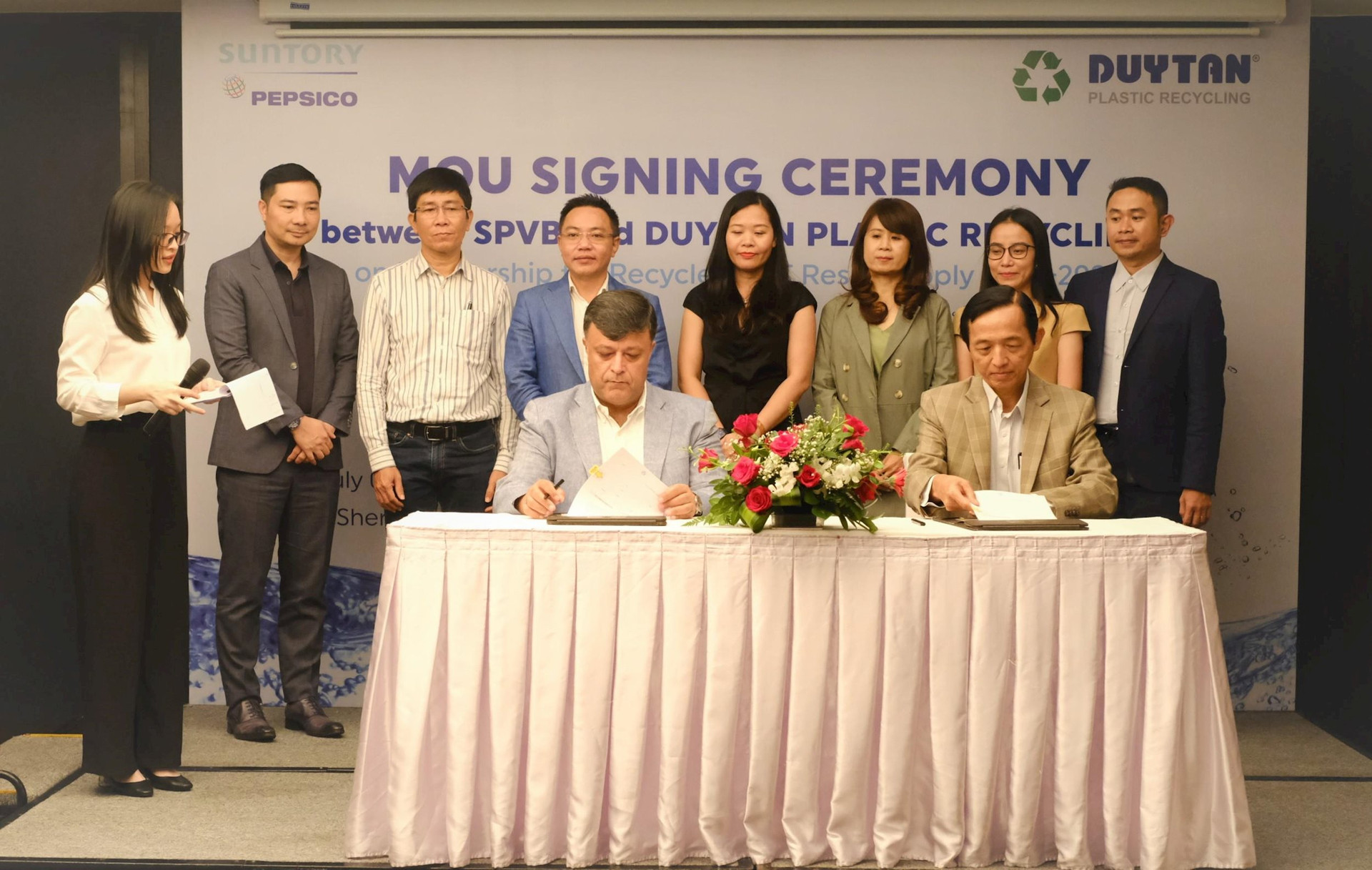
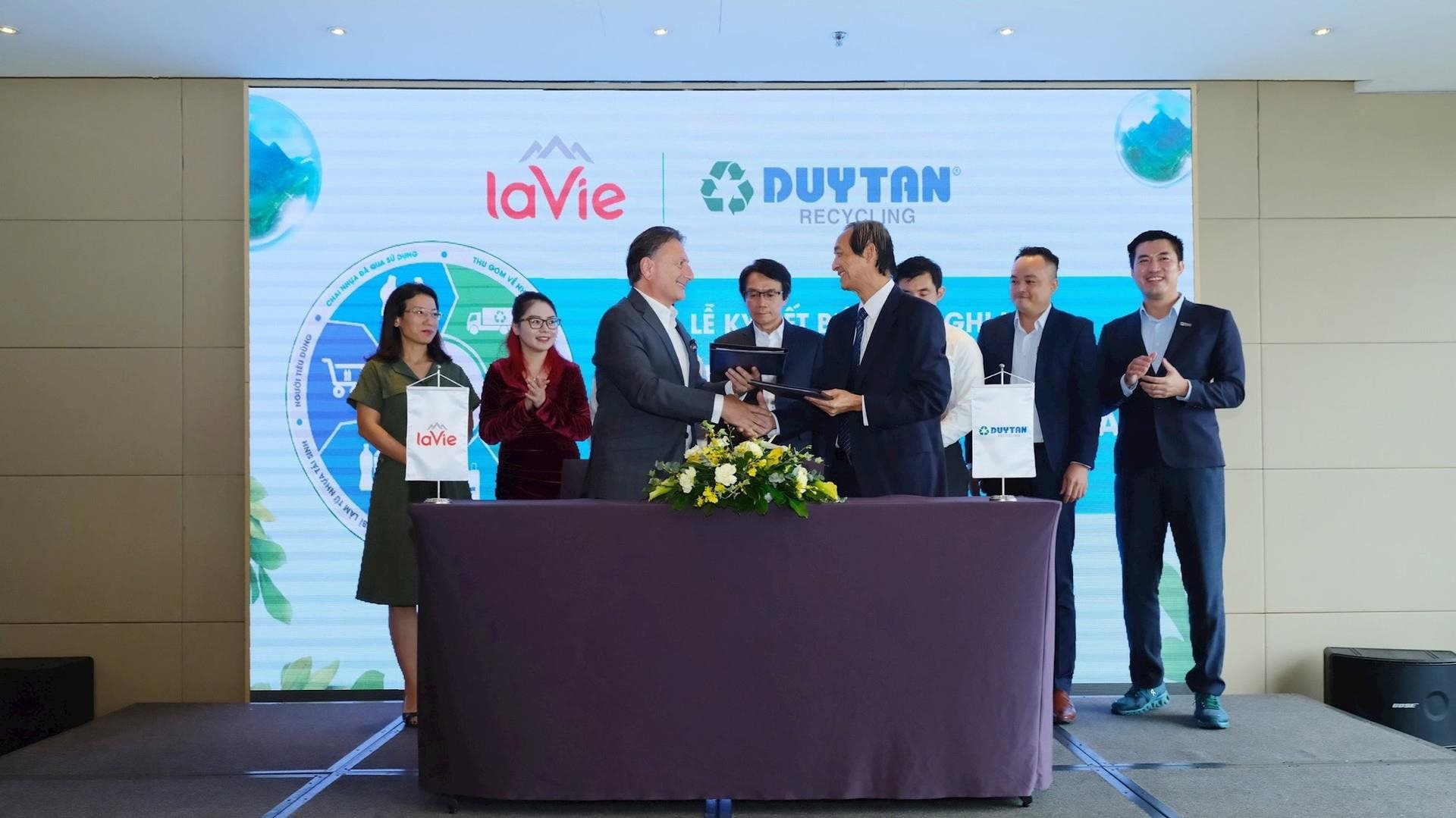
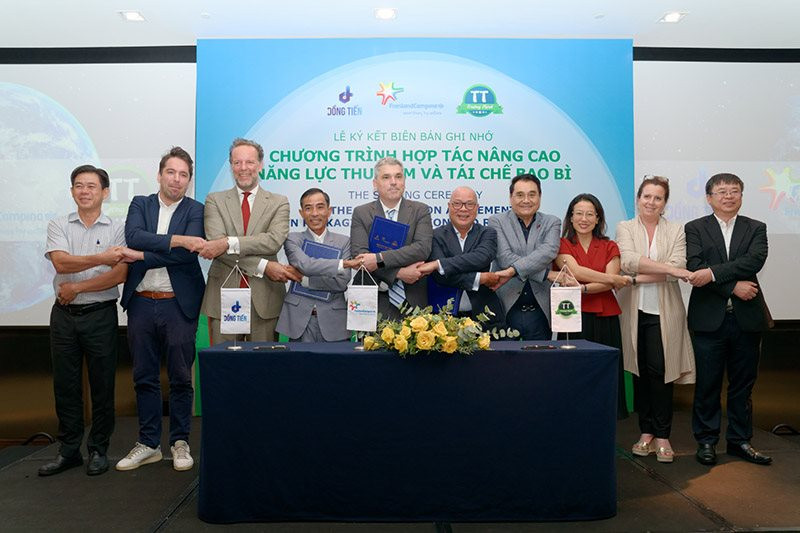
Or Unilever Vietnam International Company Limited (Unilever Vietnam) said that it is also actively collaborating with collectors such as VietCycle Joint Stock Company (VietCycle), recyclers such as DUYTAN Recycling to promote plastic circulation, which is a mechanism to prepare for the implementation of EPR regulations. Along with that, this company is researching to improve packaging design to increase the recyclability rate above the current 63%. A representative of Unilever Vietnam informed that the company has currently reduced 52% of virgin plastic and used PCR plastic in production. We collect and process more plastic than we sell. Currently, more than 25,000 tons of plastic have been collected and recycled.

In addition to recyclers such as DUYTAN Recycling, Dong Tien, and Truong Thinh signing cooperation agreements with manufacturers and importers to implement EPR, a number of domestic recyclers have joined hands with foreign investors in the recycling sector to take advantage of opportunities from EPR. Typically, in March 2023, Vietcycle Company, together with ALBA Asia Group, signed a cooperation agreement to build a recycling plant with an estimated total investment of up to 50 million USD and a capacity of up to 48,000 tons/year. This recycling plant will use advanced technology from Germany, recycling rPET plastic that meets international standards. This is the largest recycled plastic factory and also the first factory to recycle food-grade plastic products in the North.
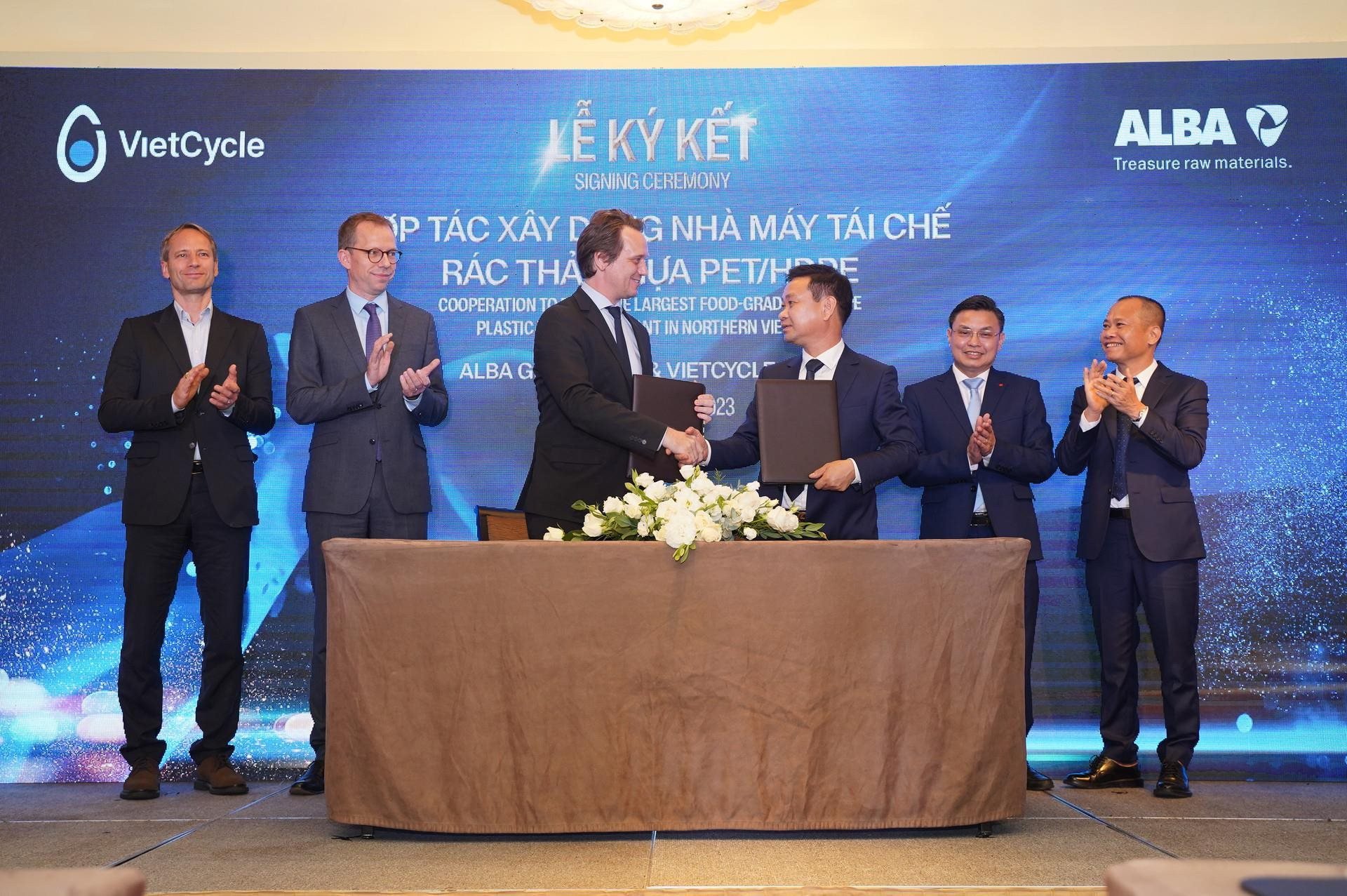
Dr. Axel Schweitzer, Chairman of ALBA Asia Group, said that the project is a big step towards the goal of contributing to a zero-waste world with a comprehensive and digital approach. “This will be the ideal combination of ALBA Asia Group’s global waste management and plastic recycling expertise and VietCycle’s knowledge of local plastic networks,” said Mr. Axel Schweitzer, expecting the project to contribute to urgent solutions to the growing plastic waste problem in Vietnam.
Extended Producer Responsibility (EPR) is a popular environmental policy approach in the world and is considered a very effective tool in waste management. EPR is considered a driving force to promote the circular economy, which has been practiced in many European countries, Japan, Korea, Taiwan, Hong Kong and brought many positive results. 2024 is the first year of implementing EPR in Vietnam and hopefully EPR will show us a positive start, a strong transformation in the process of promoting the circular economy in Vietnam.
Source


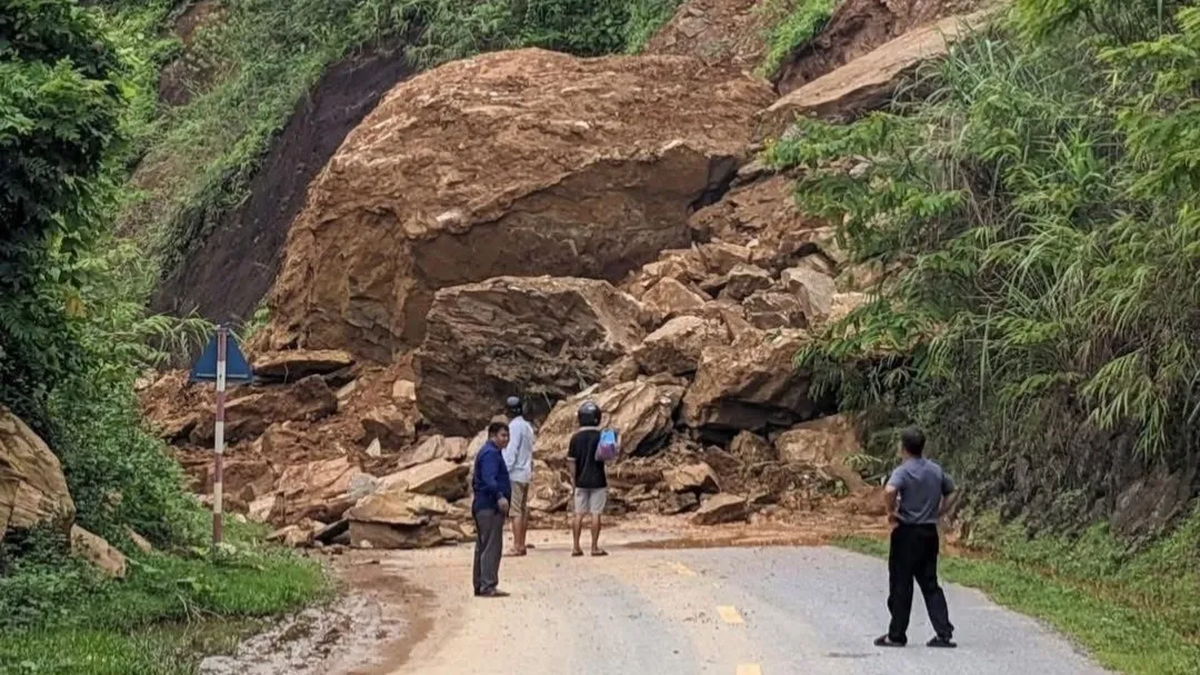
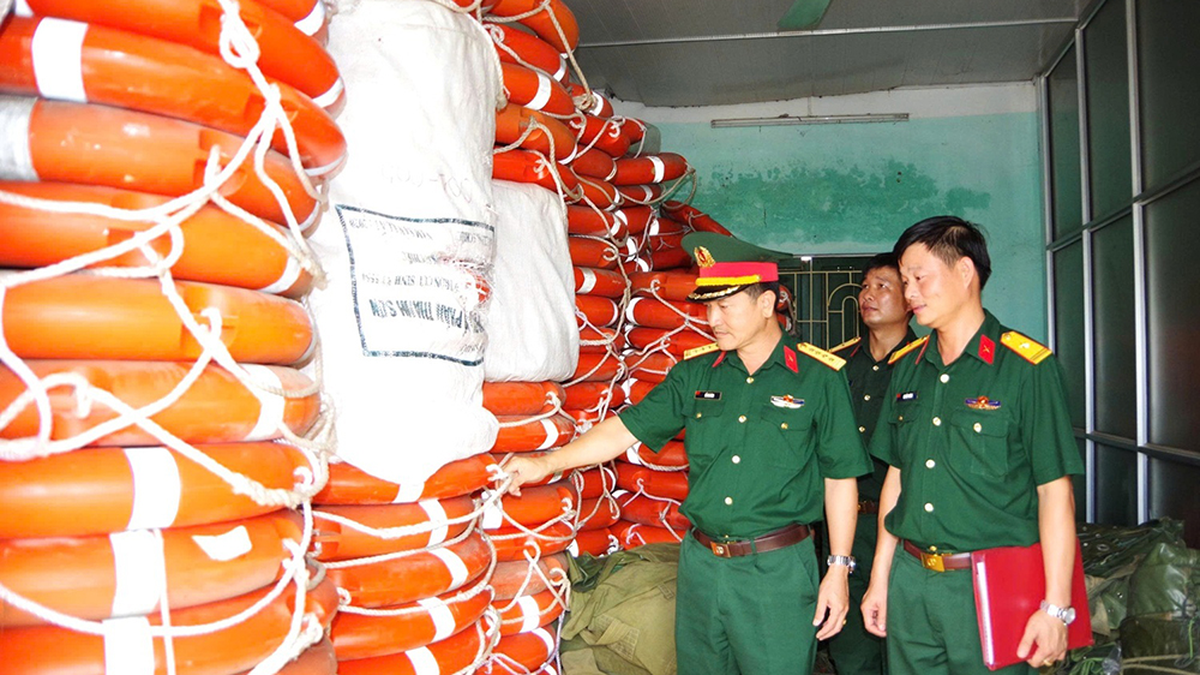
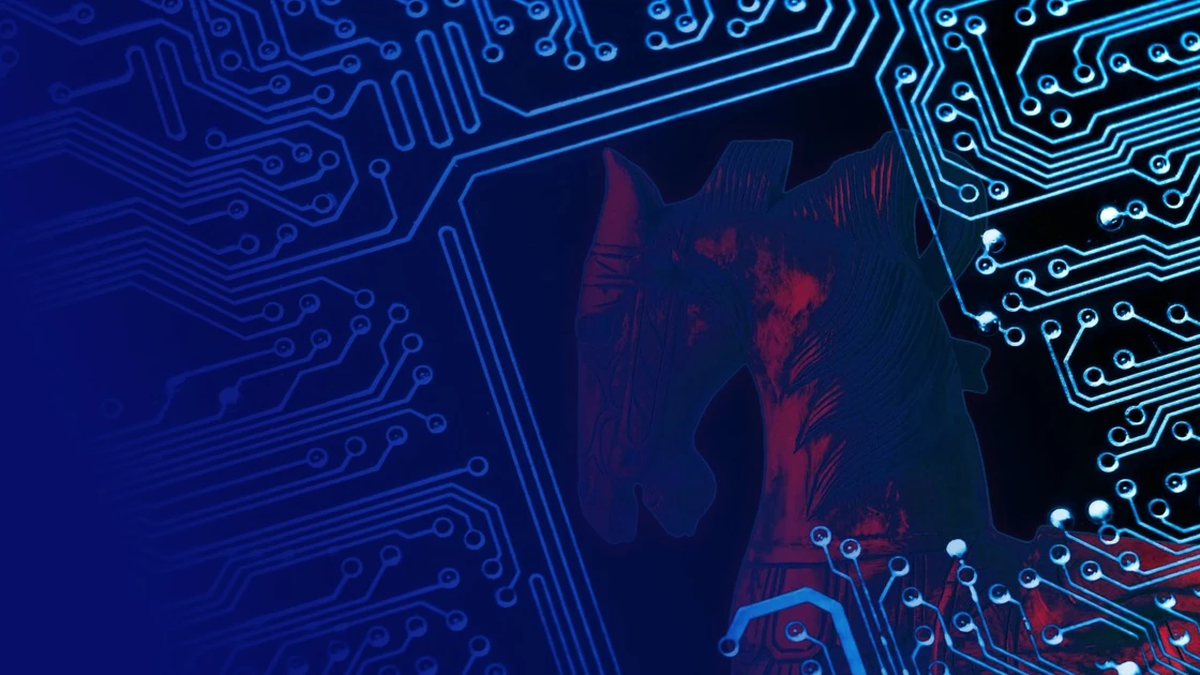
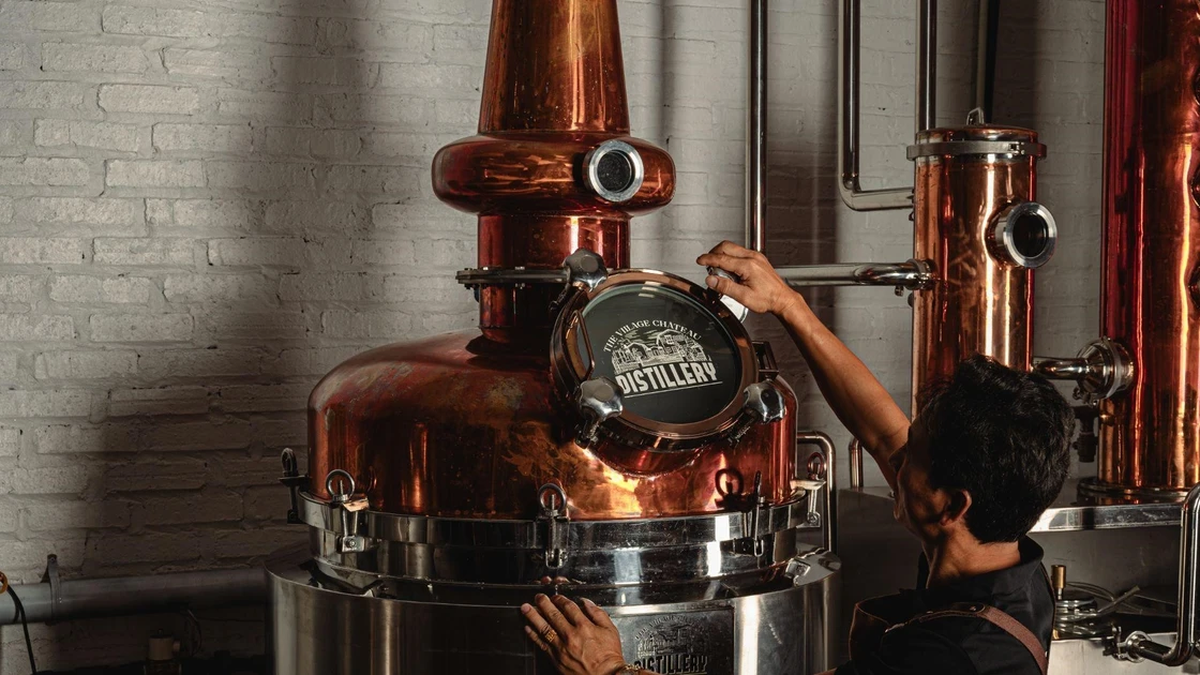
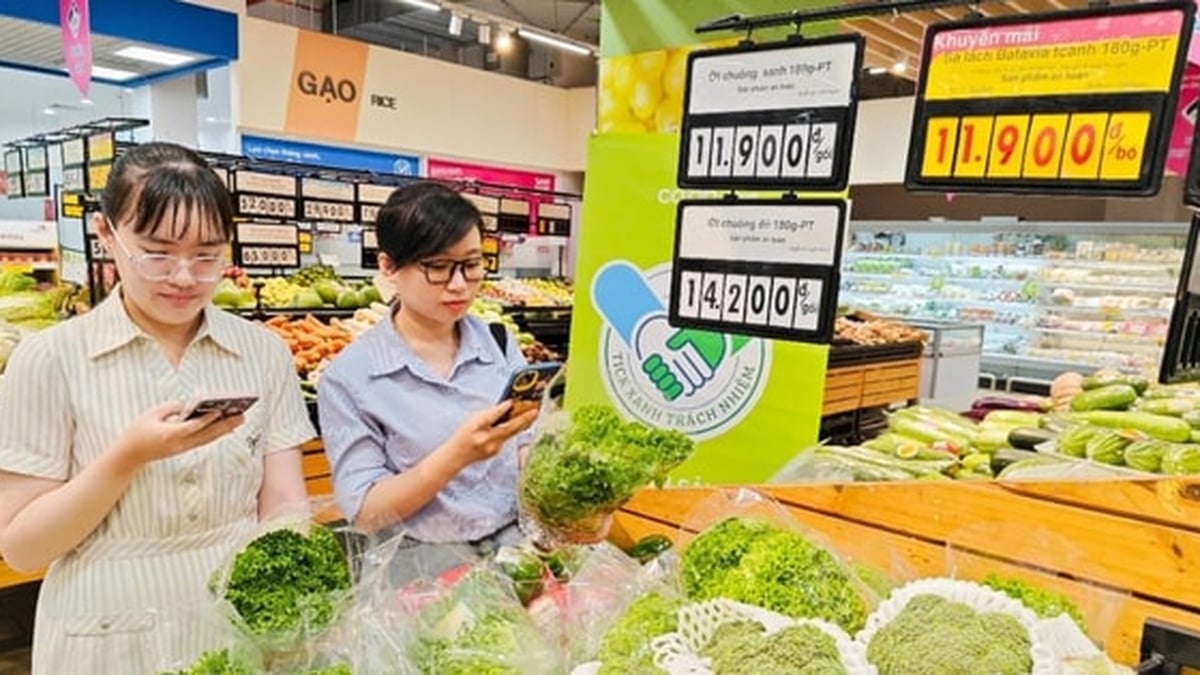
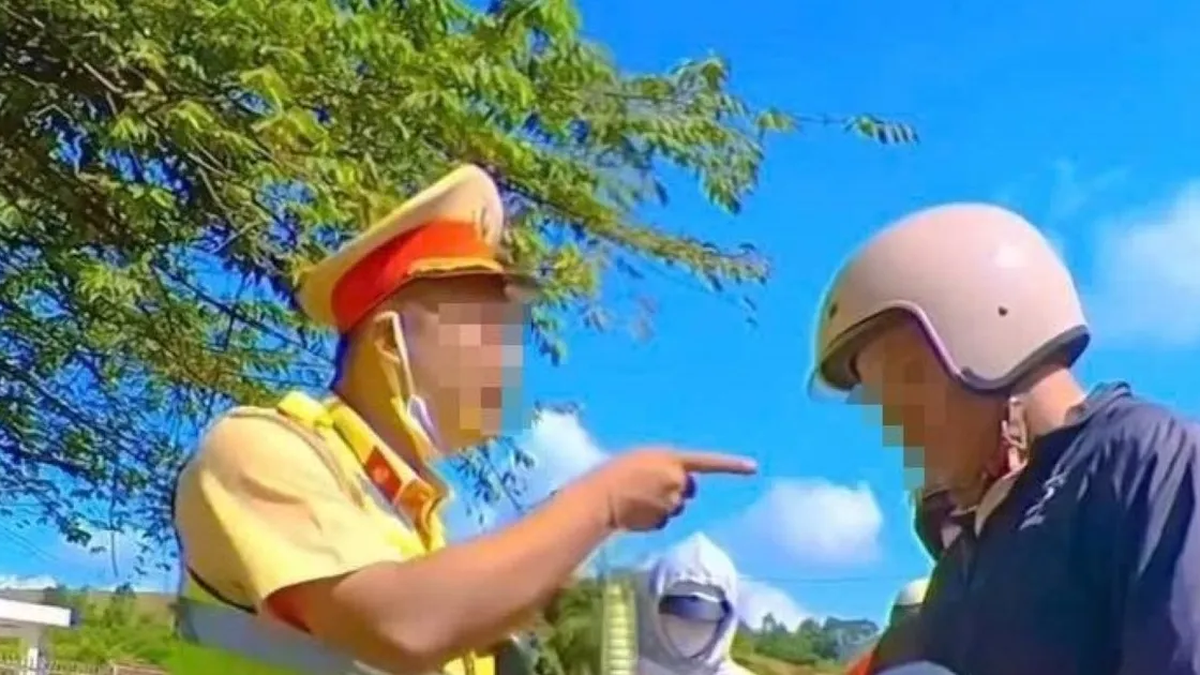
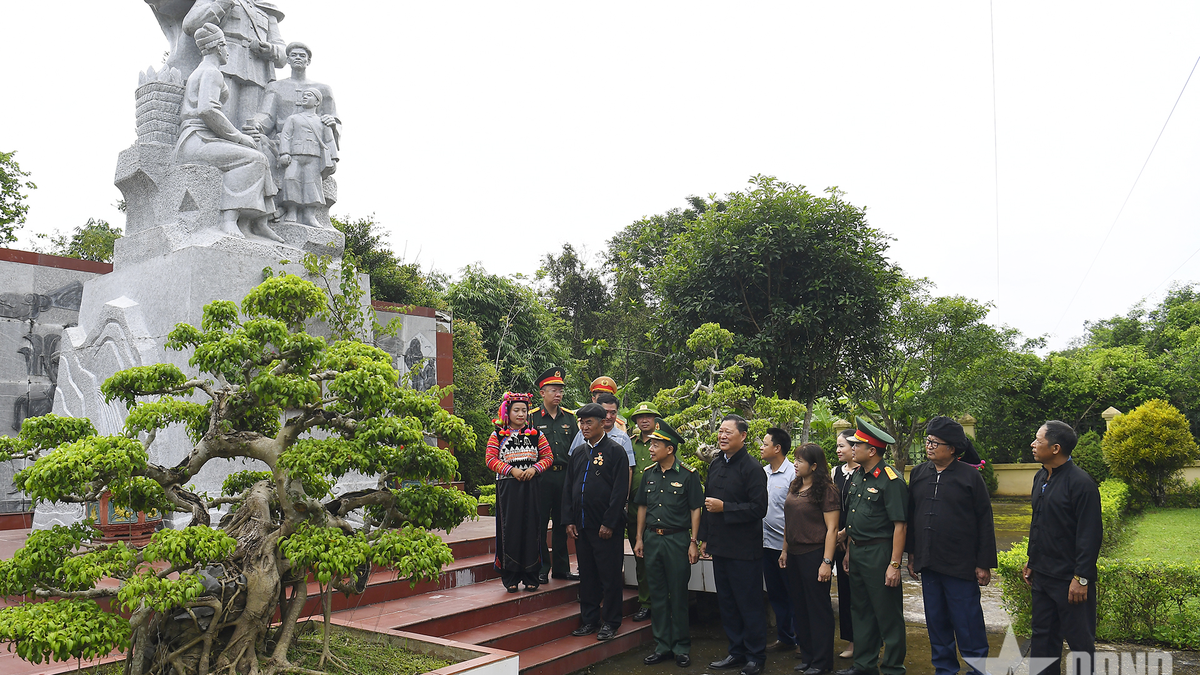
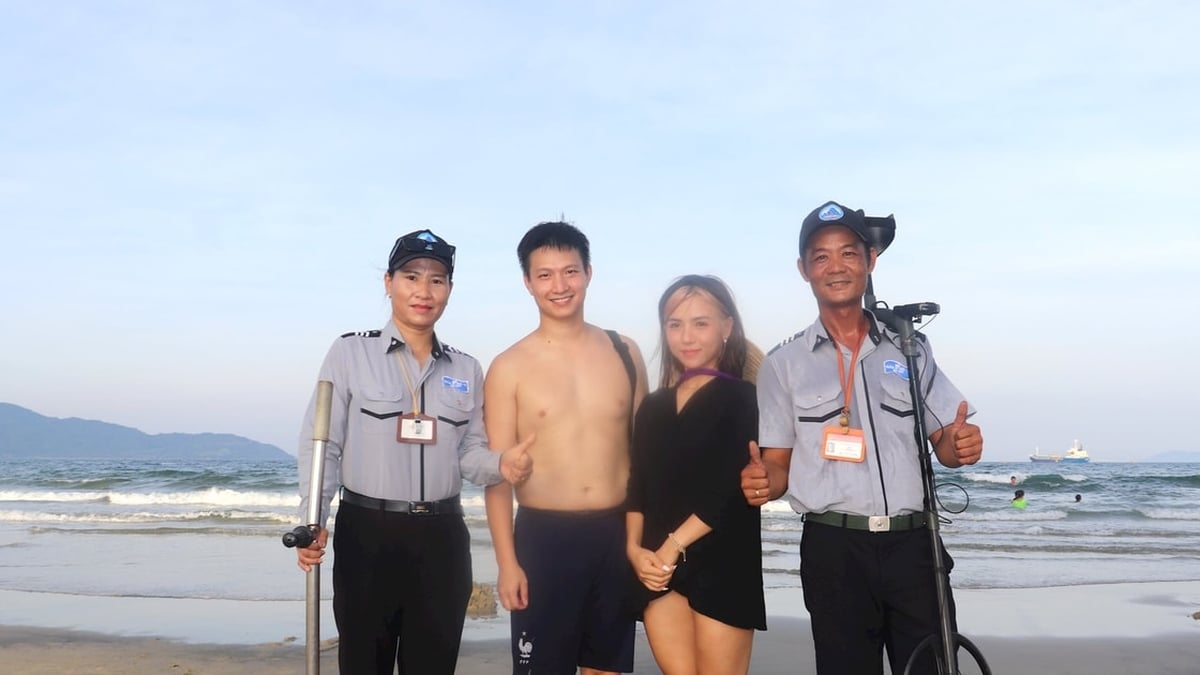
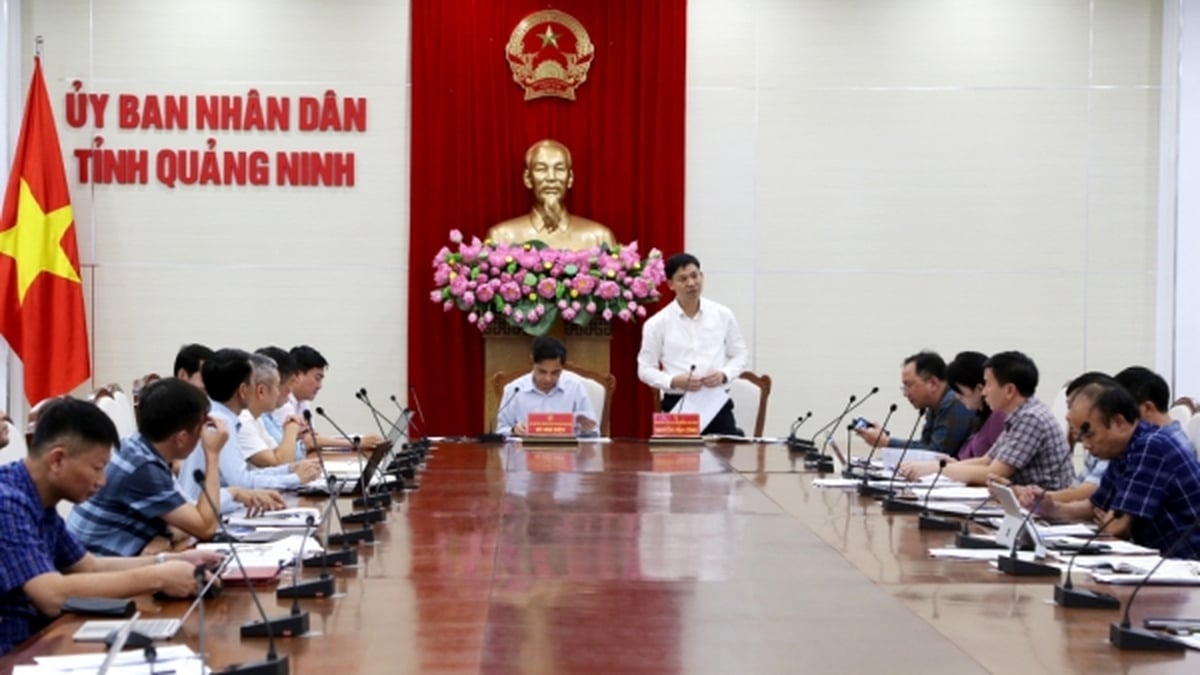
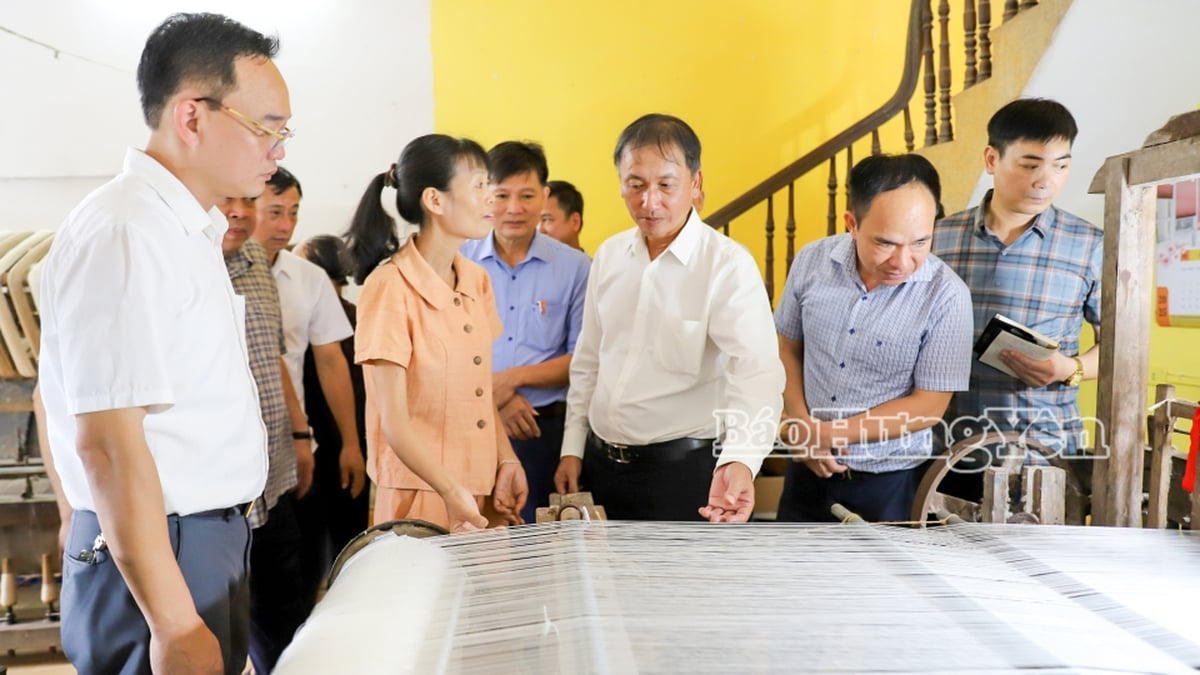












![[Photo] Nghe An: Provincial Road 543D seriously eroded due to floods](https://vphoto.vietnam.vn/thumb/1200x675/vietnam/resource/IMAGE/2025/8/5/5759d3837c26428799f6d929fa274493)


![[Photo] Discover the "wonder" under the sea of Gia Lai](https://vphoto.vietnam.vn/thumb/1200x675/vietnam/resource/IMAGE/2025/8/6/befd4a58bb1245419e86ebe353525f97)

























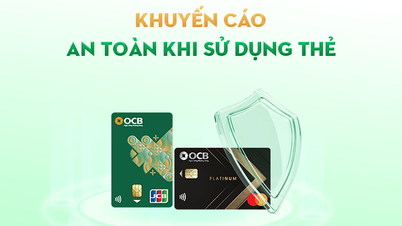
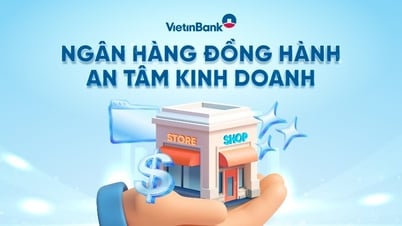

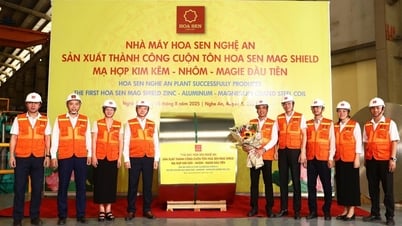

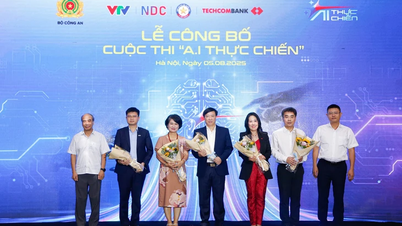
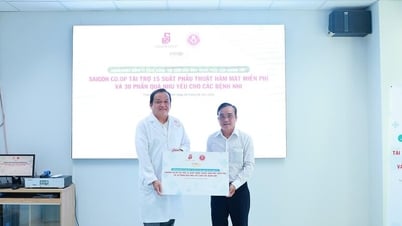

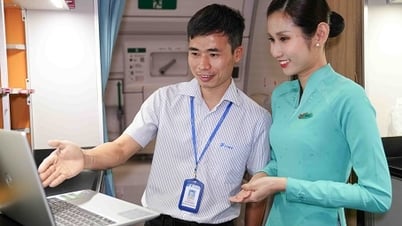
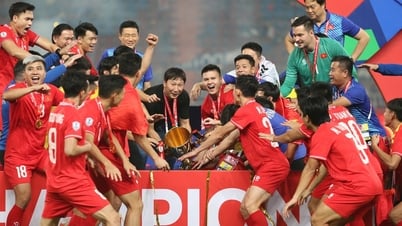
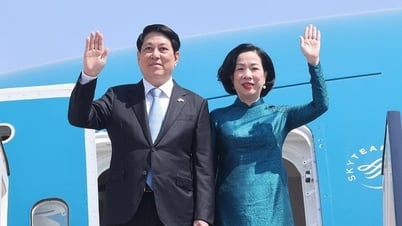

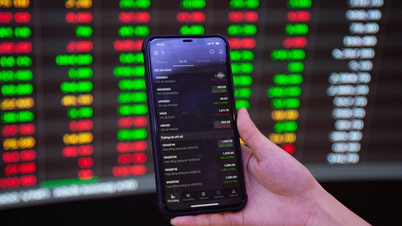
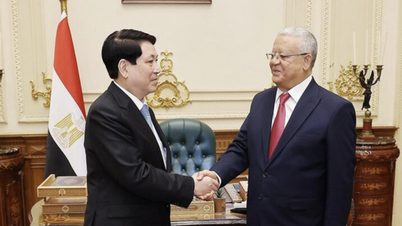

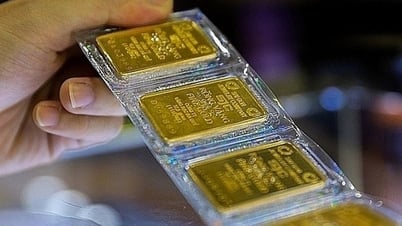

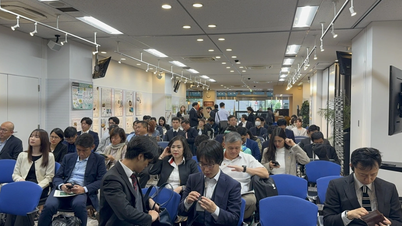

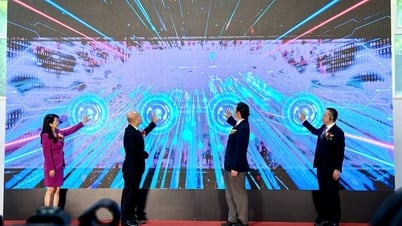
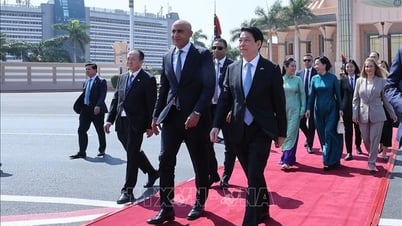

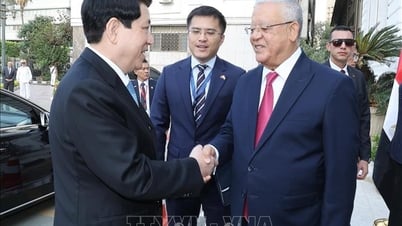
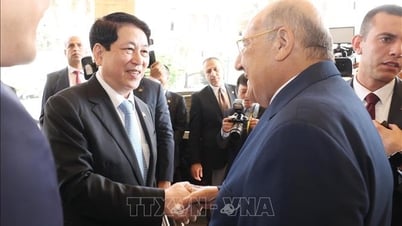
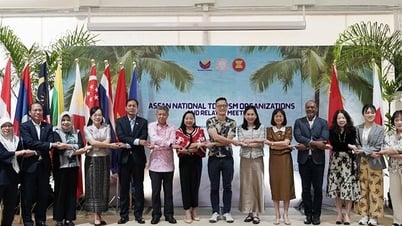


















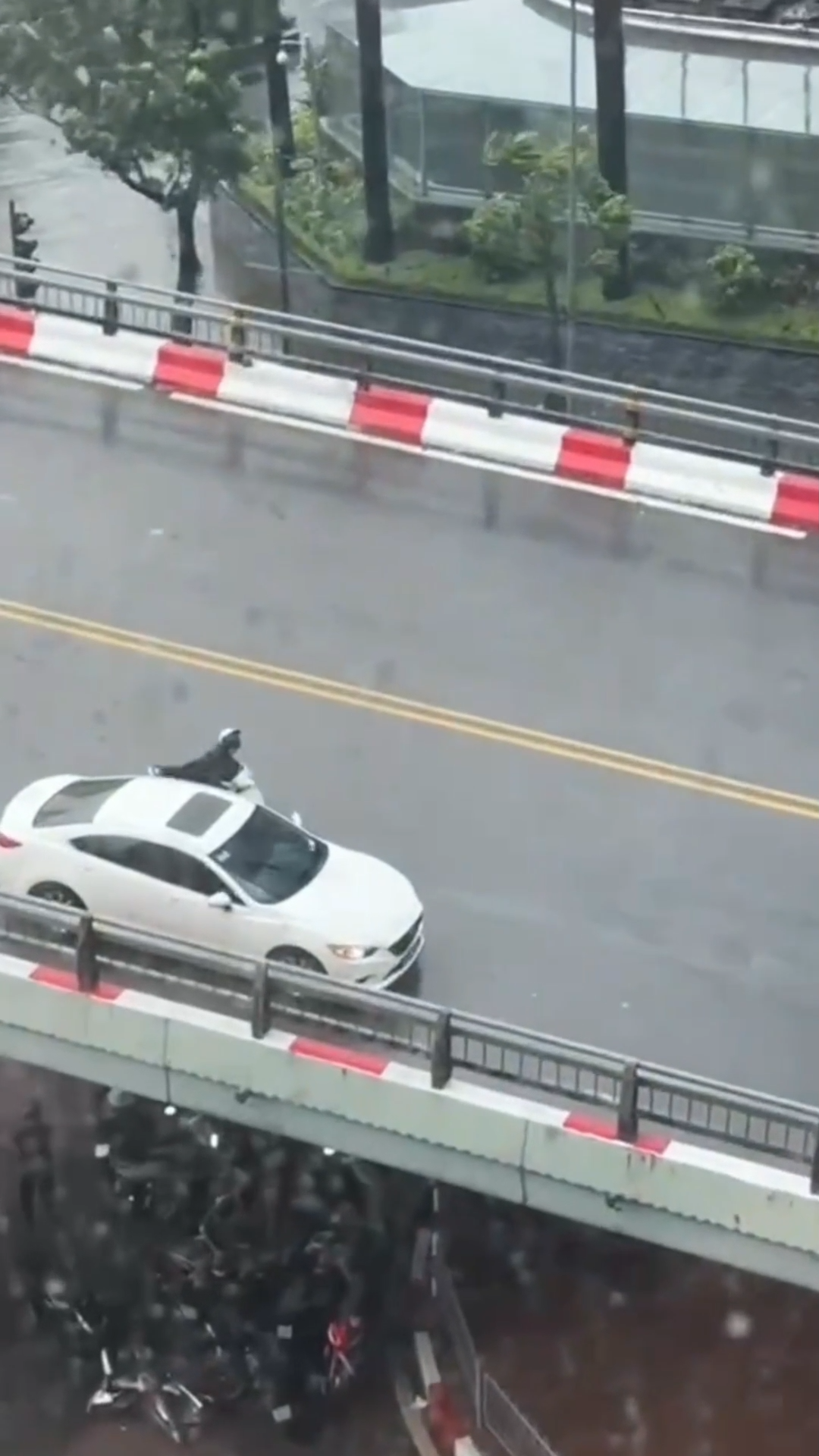
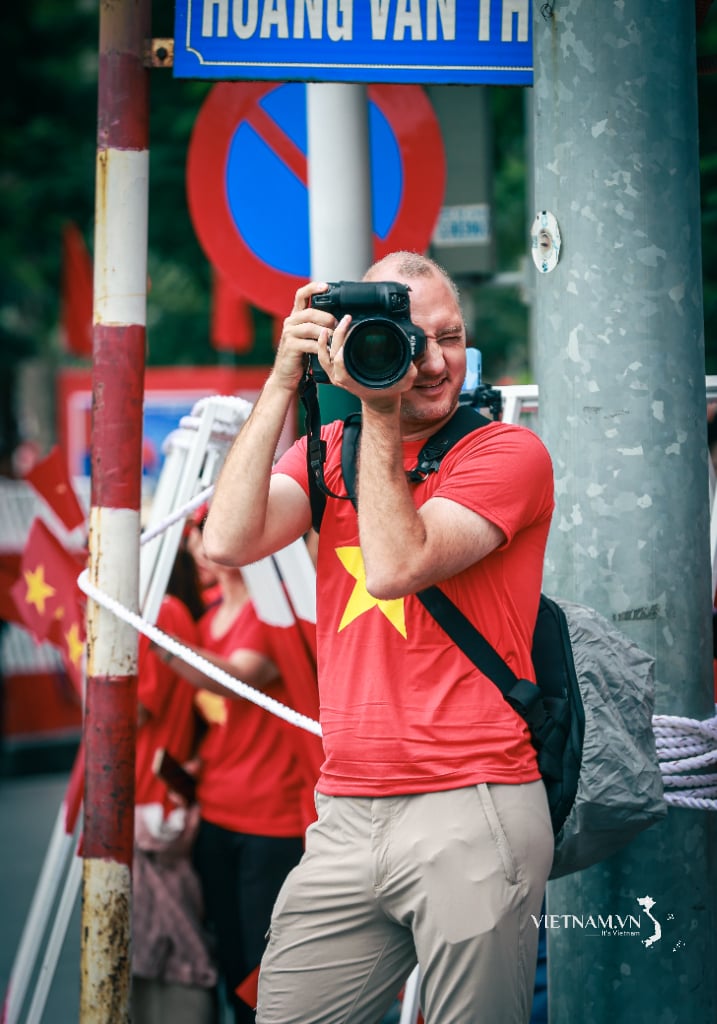
Comment (0)